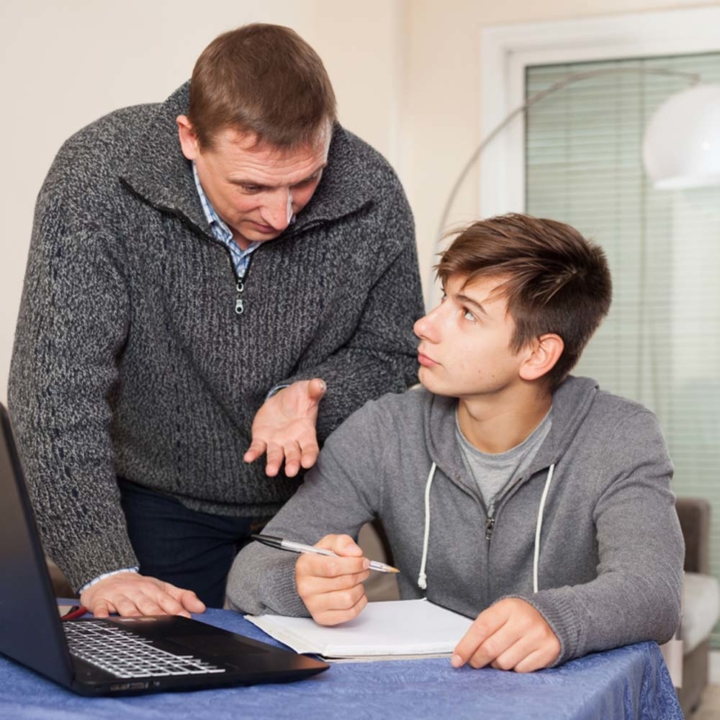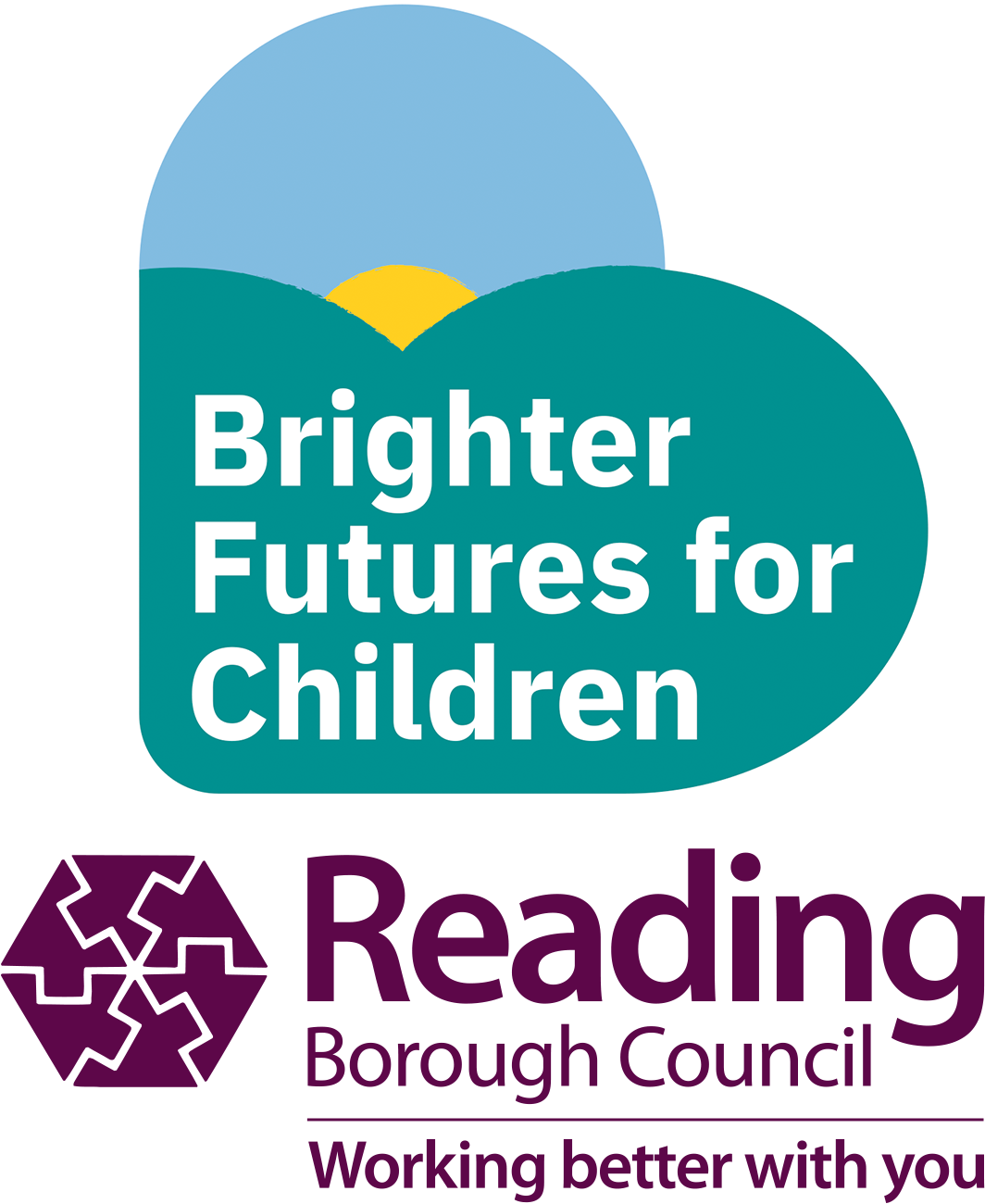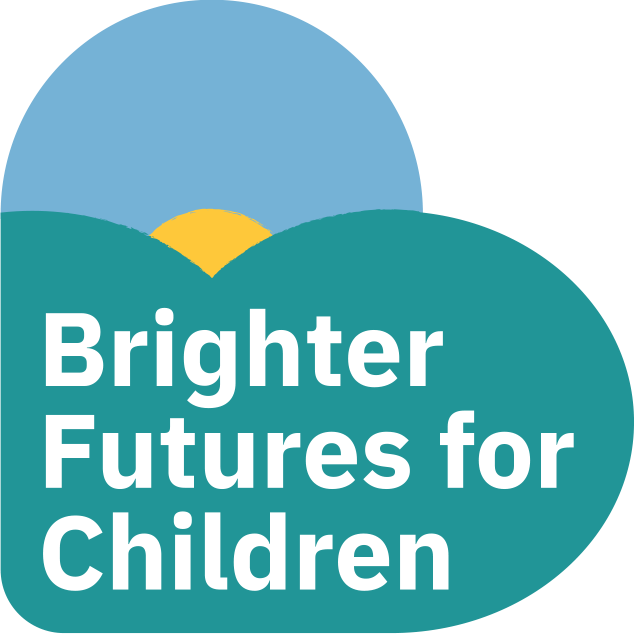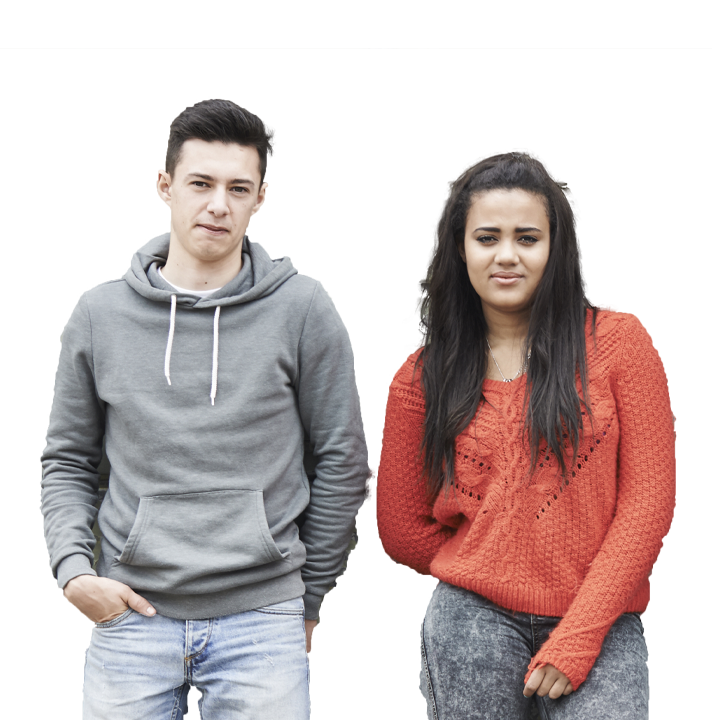- Home
- For parents and carers
- Youth Justice Service
We work with children and young people aged 10–18 years old to prevent offending and re-offending
What is the Youth Justice Service?


The Youth Justice Service (previously the Youth Offending Service) is made up of a number of professionals from different agencies, who work together to prevent children and young people from entering the youth justice system for the first time, supporting them to move away from offending. They can also help young people understand the effects offending behaviour can have on others and themselves.
The team includes:
- Caseworkers
- Elevate worker
- NHS nurse
- Parenting worker
- Police officer
- Probation worker
- Psychologist from Children & Young People’s Mental Health Services
- Social worker
- Speech and language therapist
- Restorative justice worker
- Communicate worker
The service also has an important role in supporting victims of youth crime.
Read our Reading Youth Justice Plan 24-25.
We get involved if a child or a young person:
- has come to the attention of police or is arrested
- is charged with a crime and has to go to court
- is convicted of a crime and given a sentence
- is referred from children’s social care.
We help children and young people recognise offending behaviour and understand the consequences, while also helping them address any difficulties in their life so they do not offend again.
We are based at Katesgrove Community Hub, Elgar Road North, Reading, RG2 0BN and can be contacted on
0118 937 2420 or click the button below to send us an email.
What we do
We will carry out an assessment usually at the beginning when we first meet a child or young person. The assessment helps us understand what has led to them getting into trouble, committing crimes, and the risk they pose to themselves or others.
We do the assessment by talking to the child or young person but will also contact other people involved in their lives, including parents/carers, school, social services and health professionals such as Children & Young People’s Mental Health Services (CYPMHS), previously CAMHS. We will also talk to the victim of the offence where possible.
What happens when a young person gets into trouble?
When a child or young person gets into trouble they can be responded to in different ways. This decision will be made by the police and courts but will depend on the nature of the offence and the child/young person’s understanding of their behaviour.
The following is a list of some outcomes that could happen after a child or young person commits an offence.
If a young person commits their first or second minor offence, and has not been to court before, the police may consider giving them a community resolution, and young people may be given the opportunity to work with the Youth Justice Service.
Turnaround is a government funded project working with children who have had contact with the police or anti social behaviour authorities. These will be young people who would not otherwise be open to the Youth Justice Service.
We want to meet with, and offer individual support, to young people in this situation. We will meet with them and their families to see what help we can offer.
The video linked below provides an overview about police stop and search, to help understand your rights.
Watch the video below to understand what happens after police arrest.
A youth caution is a verbal warning given by a police officer to a young person who admits they are guilty of a first offence, depending on the seriousness of the offence. Young people may be given an opportunity to work with us at the Youth Justice Service.
A youth conditional caution is for a more serious first offence or for a subsequent offence. It’s a caution but with conditions attached to it that the young person must comply with. They will also be referred to the Youth Justice Service.
The referral order is normally the first order a young person can have at court if they need to plead guilty to an offence. They will work with us at the Youth Justice Service. The minimum is three months to a maximum of a year.
A youth rehabilitation order will contain one or more requirements, which will usually include working with the Youth Justice Service and also other activities, such as unpaid work, a curfew or ordered to live in a certain place.
A detention and training order is a prison sentence and will be for serious crimes or for those young people that cannot comply with their community order. Young people can be sentenced to a youth offenders’ institute, a secure children’s home or a secure training centre.
A section 91 is for very serious offences. This is a sentence used in Crown Court.
Going to court
When a child or young person goes to court they will need a parent or carer to attend with them and a solicitor to represent them. When a child or young person is at court we will be there too.
There are three types of courts a young person could appear at:
- Reading Youth Court – this is just by the Police station, it is a closed court to the public
- Reading Magistrates Court – this is in the same place as the Youth Court
- Reading Crown Court – This is near the Forbury Gardens. It is an open court unless the judge declares otherwise
The Youth Justice Legal Centre has produced a helpful video, which explains what happens and what you can expect when you go to a youth court. Click to see the video here.
How we work with young people on orders and cautions
- Education, employment and training
- Understanding the harm and helping young people repair the harm
- Reparation – paying back for the harm the young person has caused
- Drugs and alcohol work
- Offending behaviour work
- Communication support
- Support from CAMHS worker
- Speech and language support
- Literacy and numeracy sessions




